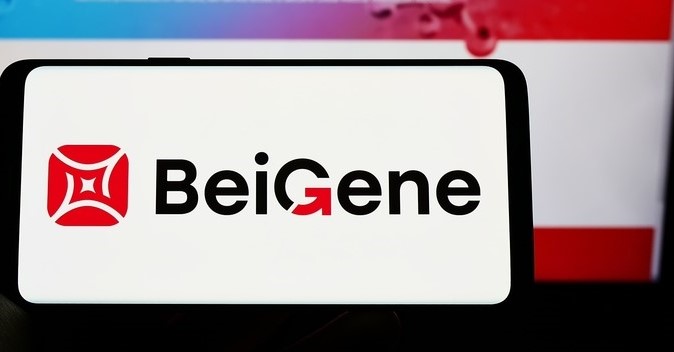BeiGene proposes new name, reaffirming oncology mission
Posted: 15 November 2024 | Catherine Eckford (European Pharmaceutical Review) | No comments yet
The new name and logo represent BeiGene’s vision to eliminate cancer through global collaborations to widen its reach for patients.


Credit: T. Schneider / Shutterstock.com
BeiGene Ltd is planning to change its company’s name to BeOne Medicines Ltd. The oncology organisation stated that its new name and logo illustrates its “focus on coming together against cancer”.
BeiGene – a new vision
“Be” represents being disease free, with “One” underlining [BeiGene’s] shared mission to overcome [cancer]”
Within the new logo design, “Be” represents being disease free, with “One” underlining the company’s shared mission to overcome the disease, according to BeiGene.
The word “Onc” spelled in red within “One” represents a renewed commitment to treating cancer. Then, the power button design within the logo represents an “always on” approach when it comes to finding new treatments to turn off cancer. Lastly, the button’s tilted angle symbolises that the path toward pushing scientific boundaries to reach these solutions is not always straightforward, BeiGene explained.
“This year we will bring more than 10 new potential medicines into the clinic. I look forward to our next chapter of growth as BeOne,” commented John Oyler, Co-Founder, Chairman and CEO at BeiGene.
Strategic growth
The new name is part of the company’s plans for its future growth.
Two notable developments in 2024 for the company include opening of new $800 million clinical R&D and manufacturing facility in Hopewell, New Jersey, US in July. Earlier, in March this year, the company appointed a new Head of Europe, Global Clinical Operations.
Key highlights in the company’s cancer medicine pipeline in 2023 include the approval in the EU of BRUKINSA® (zanubrutinib), giving it the broadest label of any BTK inhibitor. Specifically, Dr Mehrdad Mobasher, Chief Medical Officer, Haematology at BeiGene noted that the treatment was “engineered and developed to have increased potency and selectivity as well as sustained target inhibition to overcome efficacy limitations in first-generation BTK inhibitors and toxicity related to their off-target effects”.
In September 2023, the company’s PD-1 inhibitor TEVIMBRA® (tislelizumab) was also approved in the EU, for treating patients with oesophageal cancer.
Related topics
Anti-Cancer Therapeutics, Biologics, Biopharmaceuticals, Clinical Development, Clinical Trials, Drug Development, Industry Insight, Research & Development (R&D), Therapeutics








